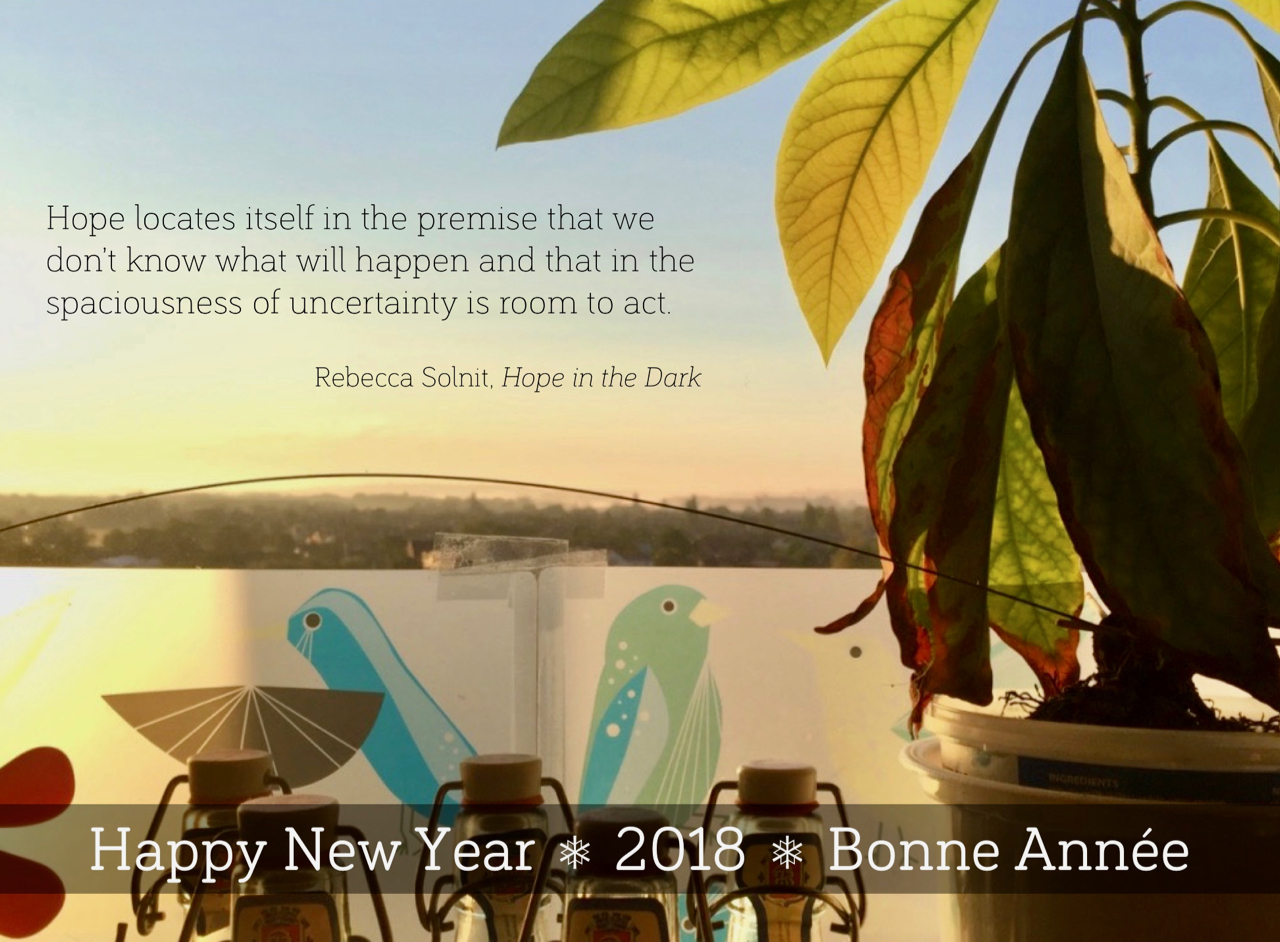
Confirmation bias – the tendency we all have to over-estimate data that confirms our existing beliefs – is an obvious trap for researchers, so they have intellectual and professional guardrails to stop them falling too often. But artists are not so safe from confirmation bias, because self-belief is valued in Western art. There are original geniuses recognised only after years of rejection, but for every Vincent Van Gogh there are thousands whose hope of appreciation goes unfulfilled.
That idea often comes up when I’m trying to explain that the social outcomes of artistic experience cannot be guaranteed. There are several reasons why that is true, including the inescapable subjectivity of artistic reception, but the first is that no artist can be sure that their work is good. Think how many musicals close on opening night. For months, sometimes years, whole teams of gifted and experienced artists have given everything to the play believing it to be good. In a couple of hours an opening night audience can show them how mistaken they are. D’oh!
That’s how I feel today, having heard back from readers to whom I sent the draft of A Restless Art before Christmas. The first email was a bit discouraging, but I told myself that the book would be okay with some adjustments. The second, a couple of days later, was like an opening night audience: undeniable.
What is undeniable can also be liberating. It creates a new reality and challenges you to accept it. The first thing I’ve accepted was that my readers are right, and not only because I trust their judgement, though I do. It’s also because, the instant they told me, I saw – like a producer stifling nagging doubts about a production – that it isn’t working. There are conceptual and structural incoherencies in the book (among other flaws).
Confirmation bias. I’ve thought and read s much about it from a research perspective, hoping to constrain and account for my inevitable subjectivities. But I hadn’t seen that it can apply equally well to the literary side of my work. The book’s problems are not in its ideas, which I still think are strong, but in how they are organised, presented and communicated. One of my readers said, referencing Morecambe and Wise, ‘you are playing all the right notes, just not in the right order’. I’d been finding reasons to justify or ignore what I knew without knowing: that there are real flaws in this text. And the need to stifle doubts has only grown as the time I’d set aside for writing the book passed and I worried about letting down the many people who’ve given their support to the project. I’ve never liked being late.
Independent readers have long been my guardrail against confirmation bias but I’ve never come so close to falling and it’s a bit of a jolt. I’m deeply grateful to those readers (old friends and people I don’t know well at all) for having the courage to tell me what’s wrong. Thanks to them, I see it and I see a possible solution, which might involve dividing it into three separate, shorter books. I’ll let you know how I get on.
In the meantime, I wish everyone a happy and peaceful New Year.

2 responses to “D’oh!”
What an amazingly honest and thoughtful piece, Francois. It speaks volumes about your levels of trust of the opinions and views of your friends/critics too, and your ability to listen. Bravo.
LikeLike
Thank you – you’re very generous. I’m trying to see a way forward without rushing it. It’s like a knot: you have to take your time
LikeLike